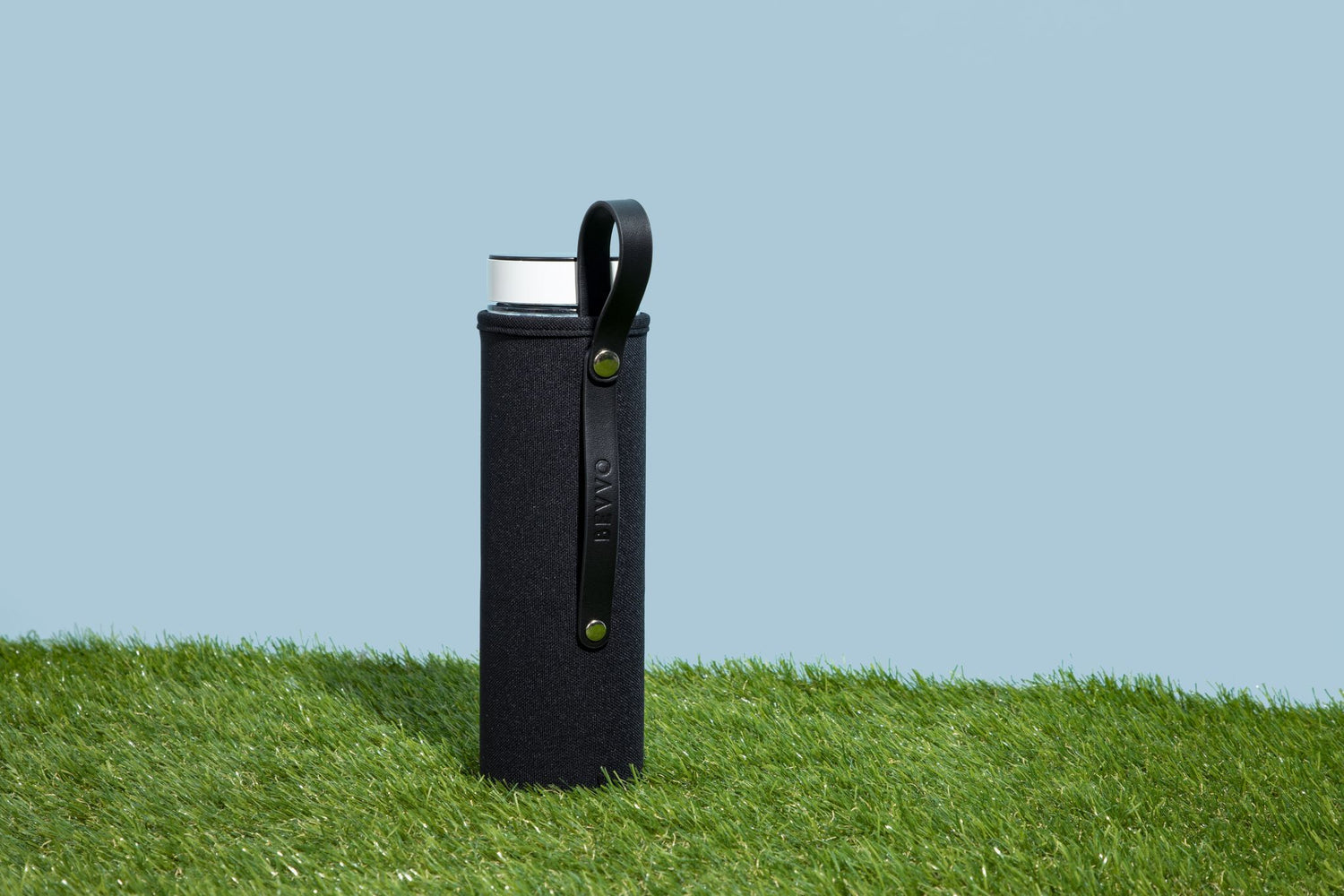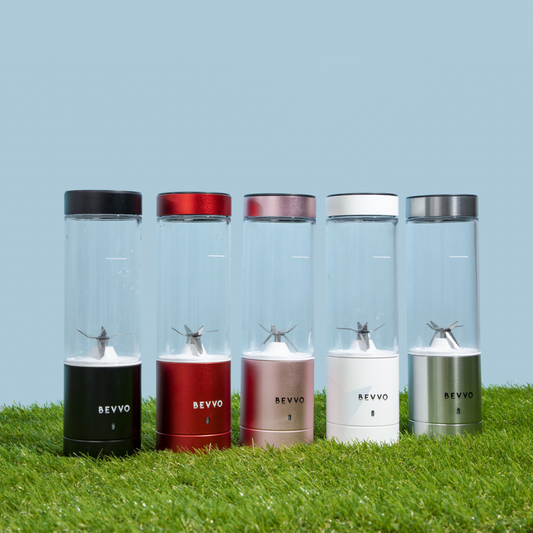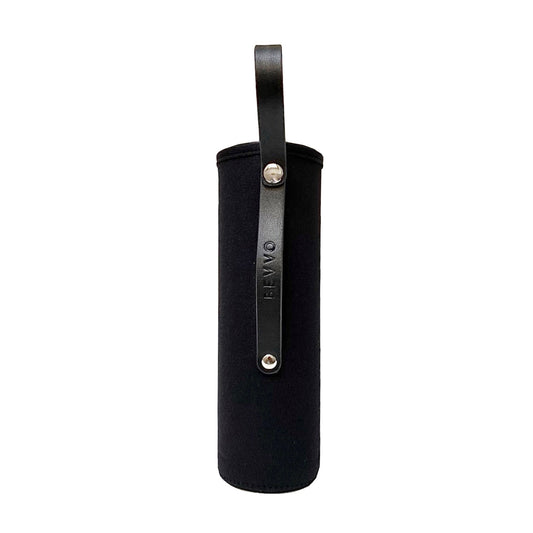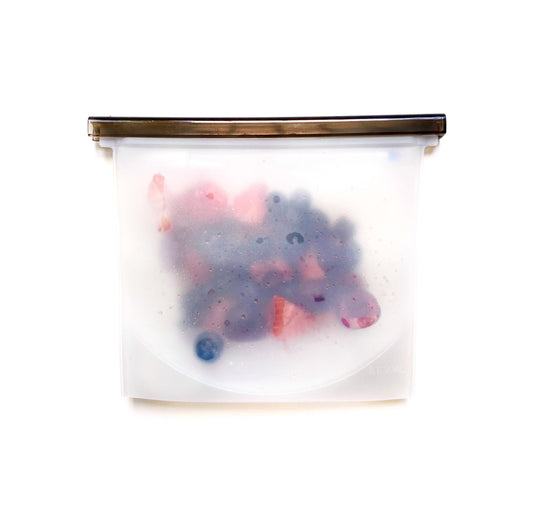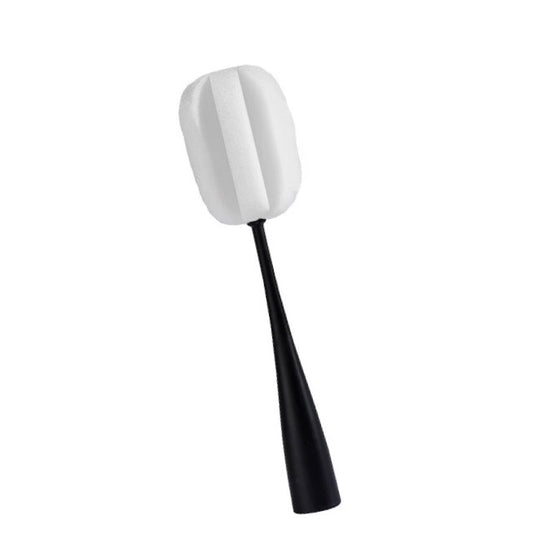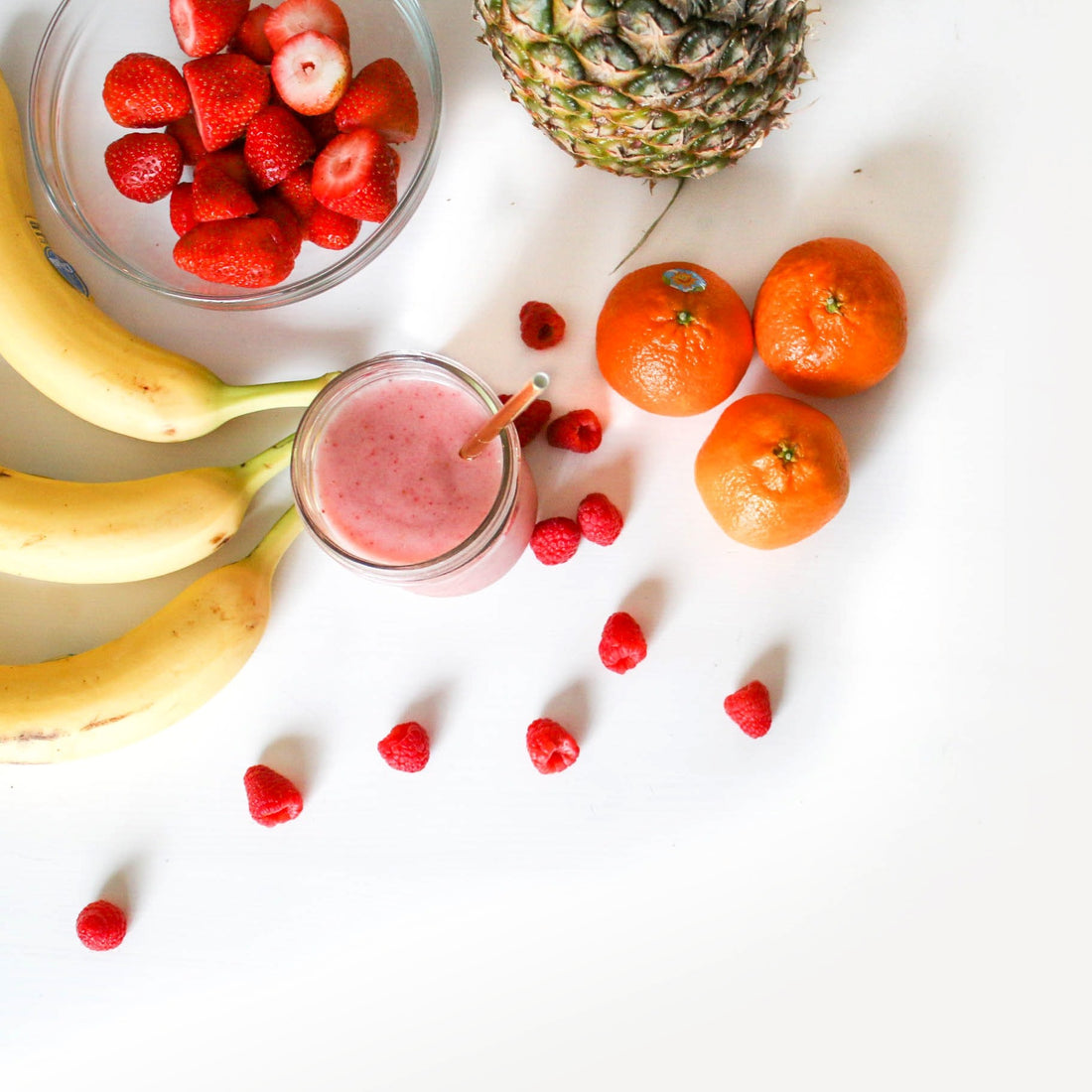
Feeling bloated? Try this.
Share

What is water retention?
Water retention happens when excess fluids build up in the body, sometimes causing your hands, legs and feet to swell. Not fun! This can happen for several reasons – sitting idle for too long (like when you’re on an airplane), not allowing for adequate blood and fluid drainage in the body, pregnancy and hormones, certain medications, high salt intake, and in rare cases, it can be a sign of something more serious.
What effects does water retention have on the body?
If you’re retaining excess water, you may feel heavier than normal and find it more difficult to move freely. You may also see puffiness in your face and feel bloated. Who wants that when you can adequately control water retention with a few simple tricks?
What you can do to reduce water retention.
1. Drink more water.
This one may sound a little funny and counterintuitive: why would you drink more water if you want your body to get rid of it? Well, the more dehydrated you are, the more your body wants to hang on to all of the water it already has so that it can keep you as hydrated as possible. As you begin drinking more water, you’re letting your body know “there’s more where that came from” so it won’t cling to the water it has. You can also increase your water intake by upping your consumption of fruits like pineapple, watermelon, and cantaloupe, all of which have high water content.
2. Move your body!
Just getting up and walking a few steps every 30 minutes will be effective in preventing fluid build-up in the legs, ankles and feet. This will also improve your body’s circulation and make you feel more alert and refreshed. After a long day, try lying down with your feet elevated above the level of your heart for at least 15-30 minutes and incorporating this into your daily routine – you’ll feel light as air and sleep more soundly.
3. Eat foods high in potassium, magnesium, and vitamin B6 & reduce salt intake.
Some examples are bananas, avocados, tomatoes, sweet potatoes, and leafy greens like spinach. These all have so many other amazing benefits that it’s worth upping your intake of them even if you’re not experiencing water retention. Salt makes you retain water because it wants the body to maintain the same ratio of sodium to fluid while excreting higher levels of sodium in the urine. It can be hard to stay away from salt because it enhances flavors and salty snacks have that “can’t eat just one” effect but once you start weaning off of them and replacing with natural, whole foods, your body will be just as satisfied and will thank you for it.
4. Massage and Lymphatic drainage
You can massage your legs with long, upward movements towards the heart to boost blood circulation and lymphatic drainage, which is the process of your lymph nodes clearing excess fluids and toxins from your body. Just 5-10 minutes of this massage can help to clear excess water. Something else that’s been gaining popularity is dry-brushing, which involves using a natural-bristle brush in long-upward strokes along the body to stimulate circulation and encourage lymphatic drainage.
Taken together, these tips may sound like a total overhaul to your wellness routine, but if you begin by implementing one practice at a time, you'll feel great and feel so accomplished for making these changes.
